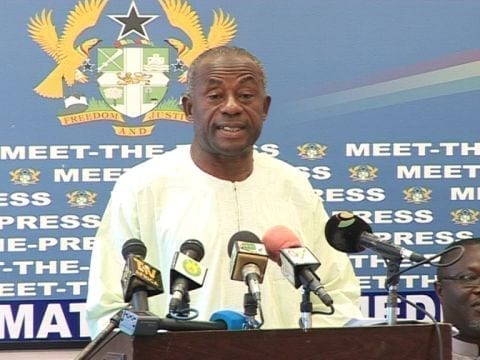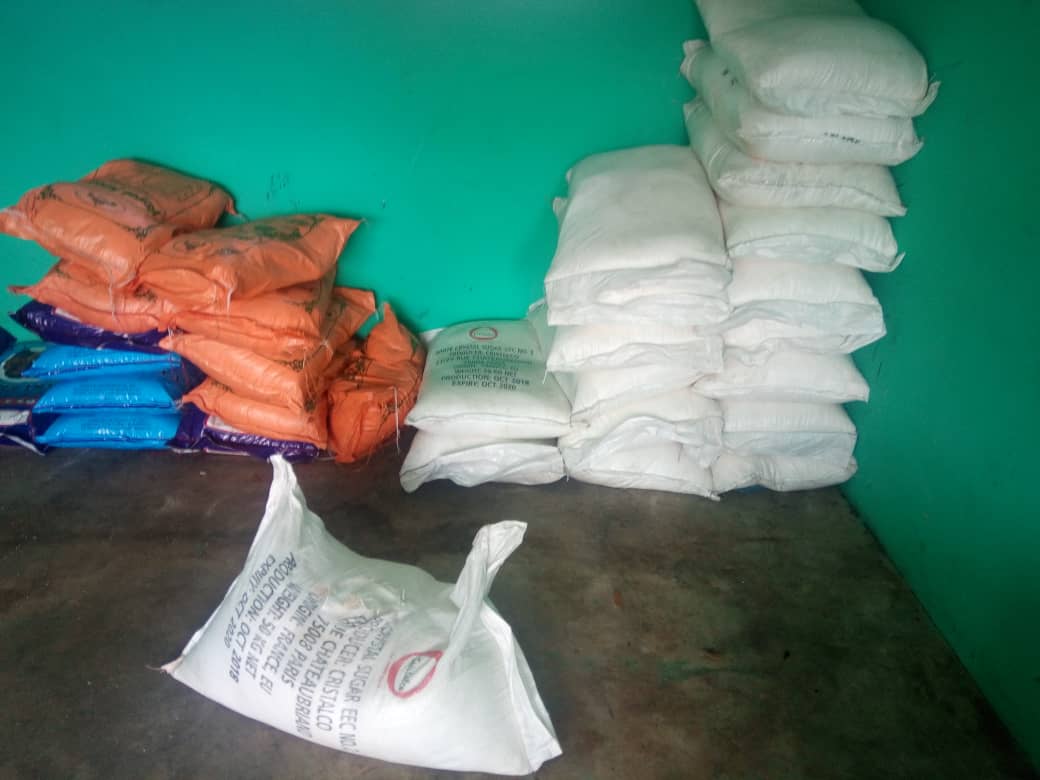Norwegian fisheries research vessel completes 30-day survey in Ghanaian waters

A Norwegian Fisheries and Oceanographic Research Vessel Dr. Fridtjof Nansen has successfully completed a 30-day fisheries resource survey in Ghanaian waters.
The survey will provide the country with detailed scientific data on both pelagic and demersal fish resource as well as the health of the marine ecosystem and the factors influencing ocean sustainability in Ghanaian waters.
The research has the ultimate aim of providing crucial insights for both policy and pragmatic decisions in fisheries management.
This transboundary survey conducted in the Western Gulf of Guinea covered the economic zones of Cote d’Ivoire and Ghana between 9th May and 7th June and is part of the 2024 work plan of the Ecosystem Approach to Fisheries (EAF) – Nansen programme of the Food and Agriculture of the United Nations in collaboration with Ghana’s Ministry of Fisheries and Aquaculture Development and the Royal Norwegian Embassy.
In a ceremony to cap off this exercise held in the Port of Tema last Friday, the Deputy Director of the Fisheries Scientific Survey Division of the Fisheries Commission, Eunice Ofoli-Anum stated that one interesting fact of the EAF-Nansen programme is the opportunity it grants to local fisheries scientists to participate in surveys.
“A large number of Ghanaians have benefited not only from the job training on board the vessels but from a wide range of training on topics such as taxonomy, stock assessment, fisheries management, ocean acidification, scientific writing and there are even some who benefited in scholarship to get their Masters and their PhDs,” she said.
The EAF-Nansen programme Coordinator, Merete Tandstad said the Programme is dedicated to its role as a catalyst for achieving sustainably managed oceans in the face of changing tides.
Special Adviser to the FAO Assistant Director-General and Regional Representative for Africa, David Phiri, noted the critical role of the EAF-Nansen Programme in driving and supporting the sustainable management of aquatic food systems to eradicate hunger and poverty and foster economic growth.
“Through the EAF-Nansen programme FAO’s vision for blue transformation is becoming a reality. Knowledge and tools are being provided for partner countries to build capacity and maximize the contribution of aquatic Food Systems to food security, nutrition, and affordable healthy diet,” he said.
The United Nations Resident Coordinator, Charles Abani stated that in efforts to achieve the Sustainable Development Goals, actors must collectively ensure that artisanal fishing communities are not left behind as they are among the poorest and most vulnerable in the world.
The Deputy Head of Mission, representing the Ambassador of Norway to Ghana, Kyrre Holm, said R/V Dr. Fridtjof Nansen’s presence here is a testament to the enduring partnership between Ghana and Norway.
On his part, the Deputy Minister of Fisheries and Aquaculture Development of Ghana, Abdul-Aziz Ayaba Musah said the ministry and the fisheries commission in collaboration with the fisheries associations and agencies are pursuing measures to prevent the collapse of Ghana’s fisheries industry.
“We look forward to the results of this survey to inform our policies and our programmes as the research vessel concludes its mission in the western Gulf of Guinea and sets sail for new endeavours, let us harness the power of knowledge innovation and collaboration to build a brighter, more sustainable future, for Ghana’s Marine Resources,” he said.
Source: Eye on Port





